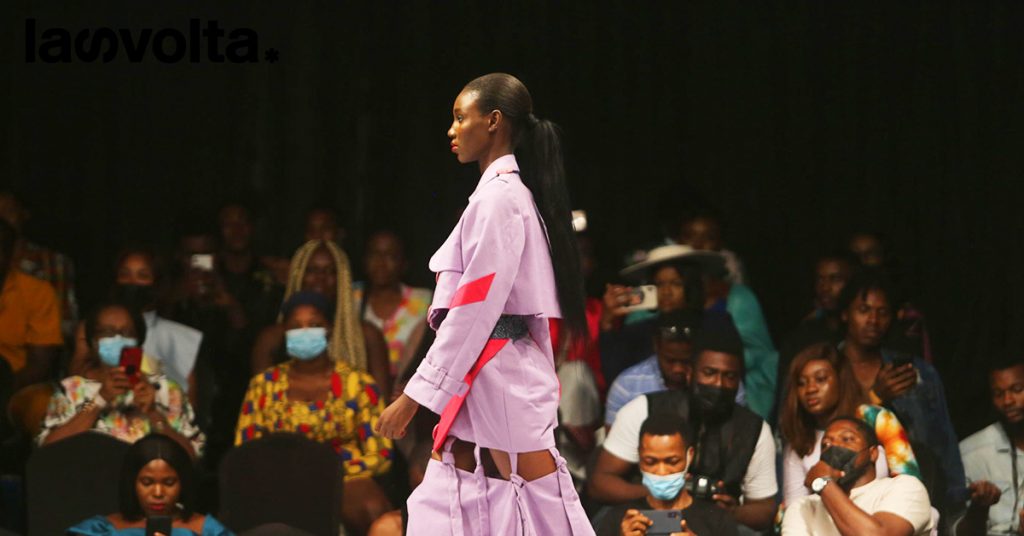Nigeria: ban of foreign models and voice-over artists

Nigeriais banning all foreign models and voice-over artists from 1 October 2022. The move was announced by Dr. Olalekan Fadolapo, the director-general of the Advertising Regulatory Council of Nigeria (Arcon) on 22 August 2022. According to the statement issued by Dr. Fadolapo, the Arcon Act No. 23 of 2022 is “the apex of advertising, marketing and communications regulatory agency of the Federal Government”. Dr. Fadolapo reinforces that the Arcon Act gives the Council “mandate and power to ban the use of foreign models and voice-over artists on any advertisement that targets the Nigerian advertising space”. The statement concludes by stating: “All advertisements, advertising and marketing communications materials are to make use ofonly Nigerian models and voice-over artists”. Arcon’s motivation behind this action is to develop local talent, especially since arecent analysis byPricewaterhouse Coopers(PwC)projects that Nigeria will be the fastest-growing revenue generator in the entertainment and media industry in the next 5 years. This is no surprise as the Nigerian film industry, famously known as “Nollywood”, annually generatesup to $590 millionon its own. Imagine the potential its advertising sector has. Nevertheless, social media users have greeted the announcement with mixed emotions. Twitter userssupporting the announcement state “As it should be” while others claim that “Investments must happen to ensure that the advertising space does not suffer from reduction in available sources”. Other Twitter users against this move claim: “No. It will be xenophobic” and “Hope you keep the same energy when Nigerians are banned elsewhere”. Most importantly, one Twitter user asks: “Nigerians are thriving in other countries, if they keep banning us there, can we grow in the diaspora?”. An important question indeed. The major pro of banning foreign models and voice-over actors in Nigeria media Nigeria has the support of local advertising and media agencies or organizations. According to theCgtn Africa live video upload, Dr. Fadolapo claims there are “over 200 million faces or models in Nigeria. Each and every one of us are naturally models. We have over 200 voices in our country. Are you saying none of these voices is good enough to market a product, that we then need to import voices from other countries to market and develop communications that we sell to the Nigerians?”. The President and Vice-President of the coice over artists of Nigeria, Segun Arinze and Mohammed Abdul greatly support this announcement as it will thrust up local talents and catalyze the local industry. Steve Babaeko, President of the Association of the Advertising Agencies of Nigeria also agrees as he claims Nigeria has a high Gdp and a smaller advertising industry in comparison to South Africa which has a smaller GDP but with large expenditure on its advertising. Mr. Babaeko thus believes this will create jobs and empower local suppliers in Nigeria. Without the support of these local organizations, it would be difficult for Arcon to implement this decision without considerable pushback. Consequently, Nigerian stakeholders in the media and entertainment field can put this announcement into action and view the outcome to determine its viability. Whether it works out or not, the country officials can say they at least gave it a shot. The major con Confusion about the term “foreign”.Today, the term “foreign” appears to be vague in an age where there are increasing rates of interracial marriages, interracial children and international migration. Some online reports of this announcement contain the headline “Nigeria bans white models” and others similar to that effect. In reality, Arcon did not really say “white”, but…did they imply it? There is a great need for Arcon to clarify who exactly classifies as a “foreign” model or voice-over artist, but they must tread lightly on this matter. Failure to do so may lock out interracial talent (those half-Nigerian and those of another nationality) from contributing to the economy simply because of their skin color. It is truly difficult to estimate the statistics of foreign models and voiceover artists over those who are locally Nigerian. Failure to clarify Arcon’s announcement in a formal legislative enactment may potentially harm Nigerians who are present across different continents. In the 2017, the Federal Government of Nigeria declared17 million Nigeriansare living abroad. Will such a decision affect their businesses in other countries? Conclusion: Let us wait and see The decision is split between being a good or a bad move. To be honest, it is hard to predict the outcome of this action since Nigeria isthe first country in the worldto make such a ban on foreigners in the local media. However, we must not simply dismiss the announcement because it favors locals over the international community. The local community has its reasons due to its personal experiences. There are always two sides to a coin. The experiences from the colonial era still hurt deeply and are now a part of African identity, for this is where we have come from and it is now a part of us. The need to break free from increased foreign actors present in African land should not be seen as hate but rather unhealed wounds from our past. The answer is neither here nor there for this particular matter in Nigeria. All we can do is wait and see.